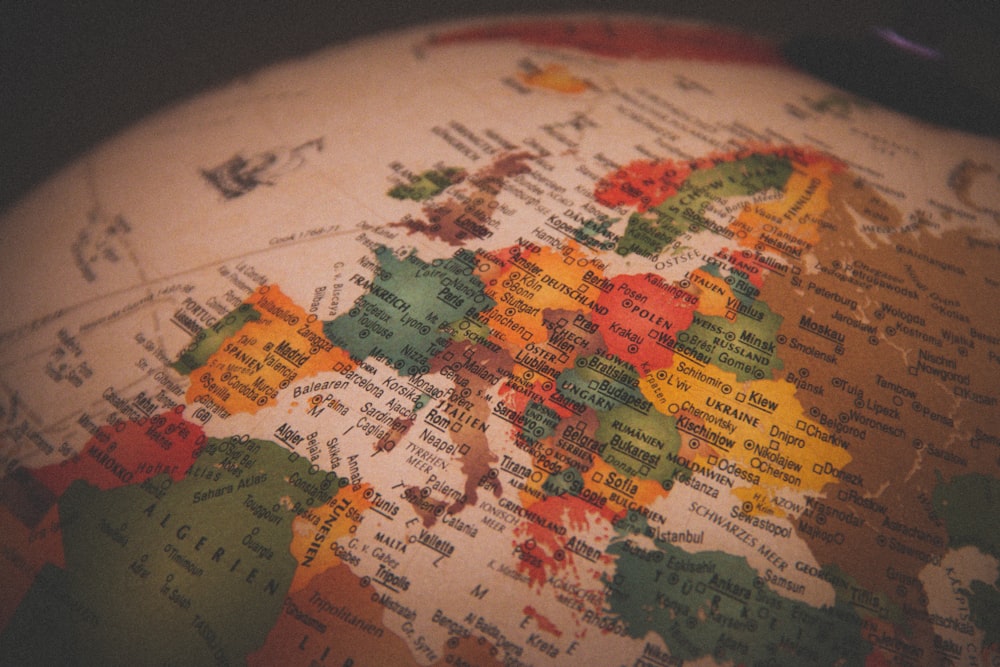The European Political Community Launch
This week will see the inaugural European Political Community summit, but what is it? What is the goal? Is it just another Brussels pipe dream? Let's find out.

It’s finally happening.
This Thursday will see the very first meeting of the European Political Community (EPC) in the Czech Republic’s capital, Prague.
But what is this community? What is the goal? Will it replace the European Neighbourhood? and is it just another Brussels Pipe Dream?
Let’s find out.



